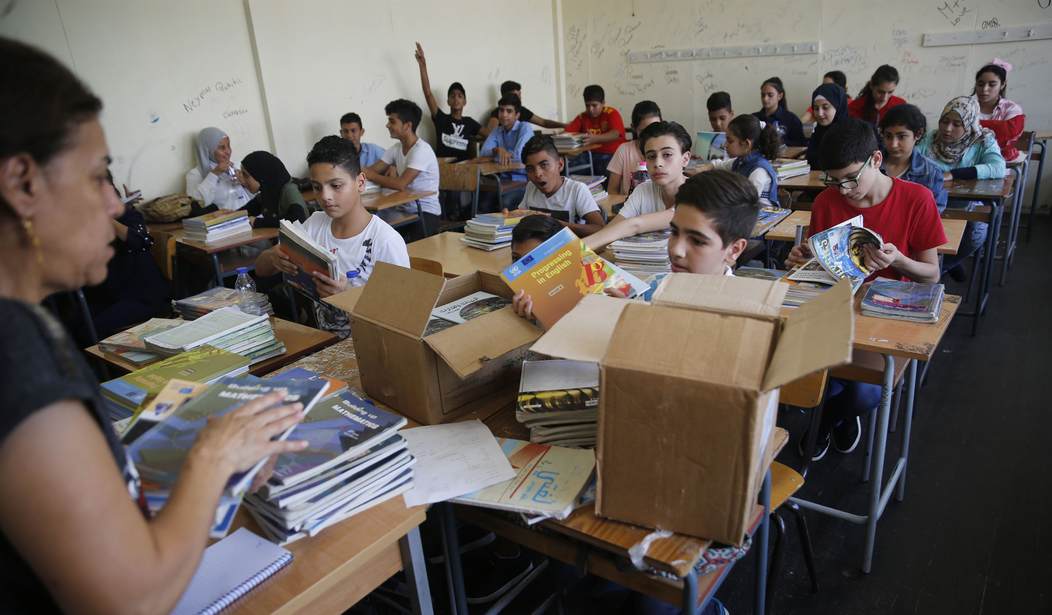United Nations Secretary-General Antonio Guterres is warning of “a generational catastrophe that could waste untold human potential, undermine decades of progress, and exacerbate entrenched inequalities” because of the coronavirus pandemic. Schools have closed in 160 countries, affecting a billion students and the impact on the poorest, most vulnerable in society is turning back the clock on social progress.
“We are at a defining moment for the world’s children and young people,” Guterres said in a video message and a 26-page policy briefing. “The decisions that governments and partners take now will have lasting impact on hundreds of millions of young people, and on the development prospects of countries for decades to come.
Guterres is advocating for “getting students back into schools and learning institutions as safely as possible” as a “top priority” for governments around the world.
The need is critical. And the side effects of keeping the schools closed would truly be catastrophic for hundreds of millions of children.
The knock-on effects on child nutrition, child marriage and gender equality, among others, are “deeply concerning,” he warned.
“The Covid-19 pandemic has led to the largest disruption of education ever,” Guterres said in a video message as he launched the “Save our Future” campaign with education partners and United Nations agencies.
Already, 40 million kids worldwide have missed out on education “in their critical pre-school year.”
Kids are spongelike in their ability to soak up knowledge, and this is especially true from the ages of 4-7. It’s believed that language skills, especially, develop during this time, which largely determines so much of a child’s future.
The virtual classroom experiment has failed. It’s time to open the schoolhouse doors and get back to learning.
In mid-July, schools were closed in more than 160 countries, affecting over 1 billion students. At least 40 million children worldwide have missed out on education in their critical pre-school year.
And parents, especially women, have been forced to assume heavy care burdens at home.
Despite the delivery of lessons by radio, television and online, and the best efforts of teachers and parents, many students remain out of reach.
Learners with disabilities, those in minority or disadvantaged communities, displaced and refugee students and those in remote areas are at highest risk of being left behind.
And even for those who can access distance learning, success depends on their living conditions, including the fair distribution of domestic duties.
Once schools reopen, it’s a certainty that children will test positive for the coronavirus. Some will get sick. A few will become seriously ill. And there will be deaths. In the past, schools were breeding grounds for mumps, measles, rubella, influenza, and a host of childhood diseases. Before vaccinations, parents took the risk of sending their children to school because the gains from a kid being in a classroom far outweighed any dangers from a serious illness.
Until a vaccination is found for the coronavirus, parents today face the same dilemma. Are we to wrap our children in plastic bubbles to keep them safe? Or will we, as our grandparents and great-grandparents did, take the risk and allow the kids to learn?










Join the conversation as a VIP Member